Unraveling the Mystery: What Causes Thinning Hair in Women, and How Belt Hair Extensions Can Help
Ever glanced at your hairbrush and gasped at the sight of a small bird’s nest worth of hair? Or perhaps, you’ve run your fingers through your hair only to find a couple of strands clinging to your fingertips. If this sounds like you, it’s time to face the music – you may be experiencing thinning hair. But don't worry, as the clouds of despair start to gather, we're here to tell you that there's a silver lining. Welcome to the world of Belt Hair Extensions, where we empower you to embrace your beauty, no matter what!
Understanding Thinning Hair in Women
Thinning hair can be disconcerting, especially for women, as lustrous, thick hair is often seen as a symbol of vitality and femininity. It's natural to shed around 50-100 hairs per day, but when you start losing more, it’s easy to panic. Thinning hair can be caused by a multitude of factors, but we’ll break down some of the most common ones for you.
Hormonal Imbalances
The first and one of the most common causes of hair thinning in women are hormonal imbalances. Fluctuating hormone levels occur naturally throughout a woman's life - during pregnancy, menopause, and times of significant stress. These hormonal changes can lead to hair thinning and even hair loss.
Pregnancy
Pregnancy is a time of massive hormonal changes. The body produces higher levels of hormones like estrogen and progesterone to support the growing fetus. Surprisingly, these hormones can actually make your hair look healthier and more voluminous. You see, estrogen extends the growth phase of the hair growth cycle, resulting in fewer hairs entering the shedding phase.
However, the postpartum period is a different story. After childbirth, hormone levels plummet, and all that hair which was in the extended growth phase suddenly shifts to the shedding phase. This can result in significant hair thinning, a condition known as postpartum alopecia. But don't panic! This condition is temporary, and hair growth usually returns to normal within a year after childbirth.
Menopause
Menopause, like pregnancy, is a time of significant hormonal changes. As a woman enters menopause, levels of female hormones like estrogen and progesterone decrease, while androgens (male hormones) remain at a constant level. This hormonal imbalance can cause the hair to thin and even lead to hair loss.
Moreover, the decrease in estrogen can cause the hair growth cycle to shorten, meaning hair grows slower and falls out quicker. While this process is a normal part of aging, it can be distressing for many women.
Stress
Stress is a silent, invisible factor that can wreak havoc on your body, and your hair is no exception. During periods of intense stress or trauma, your body produces more cortisol, a hormone that can disrupt the hair growth cycle. This disruption can push more hairs into the shedding phase, leading to noticeable hair thinning.
Chronic stress can also trigger a condition known as telogen effluvium, where hair follicles are pushed into a resting phase, causing hair to fall out more rapidly. This condition is usually temporary, and hair growth can return to normal once the stress is managed.
Nutritional Deficiencies
Next on our list is nutritional deficiencies. Believe it or not, your hair is a reflection of your overall health. Just like your body, your hair also requires certain nutrients to grow and remain healthy. When your diet lacks these essential nutrients, it could lead to hair thinning. So, think twice before you skip that meal!
Protein: The Building Blocks of Hair
Hair is primarily composed of a protein called keratin. Without adequate protein intake, your body can't produce keratin effectively. This can lead to weak, brittle hair and eventually hair thinning. So, make sure your diet includes enough protein-rich foods like meat, fish, eggs, and legumes.
Iron: Fuel for Hair Growth
Iron plays a crucial role in hair health. It aids in the production of DNA and RNA, which are vital for the growth of new hair cells. Iron deficiency, which is particularly common in women due to menstruation, can disrupt this process, leading to hair thinning. Include iron-rich foods like spinach, lentils, and red meat in your diet to maintain optimal hair health.
Vitamins A and C: For Healthy Scalp and Hair
Vitamin A is essential for the production of sebum, a natural oil that moisturizes the scalp and keeps hair healthy. On the other hand, Vitamin C aids in the production of collagen, a protein that strengthens hair. A deficiency in either of these vitamins can lead to dry, brittle hair and eventually hair thinning.
Biotin: The Hair Growth Champion
Biotin, a member of the Vitamin B family, is often hailed as the hair growth champion. It aids in the production of keratin and can promote hair growth. A deficiency in biotin, although rare, can lead to hair thinning.
Omega-3 Fatty Acids: For a Healthy Scalp
Omega-3 fatty acids, found in foods like fish and walnuts, are vital for a healthy scalp. A deficiency in omega-3 fatty acids can lead to a dry, itchy scalp and dull hair.
Zinc: Regulating Hair Growth
Zinc plays an important role in hair tissue growth and repair. It also helps keep the oil glands around the follicles working properly. Low levels of zinc can lead to hair loss.
Genetics
Sometimes, the root of the problem lies in your genes. If hair thinning runs in your family, there's a good chance that you might experience it too. This hereditary condition, known as androgenetic alopecia, is the most common cause of hair loss in both men and women.
Medical Conditions
Certain medical conditions can also contribute to hair thinning. Conditions like thyroid disorders, polycystic ovary syndrome (PCOS), and autoimmune diseases can cause your hair to thin significantly. So, if you're noticing excessive hair thinning, it's a good idea to get a check-up.
What Can Be Done About Thinning Hair?
Now that you're aware of the potential causes of hair thinning, it's time to discuss solutions. Although hair thinning is a complex issue with no one-size-fits-all solution, there are several approaches that can help, and one of them is hand-tied extensions.
The Magic of Hand Tied Extensions
Enter the world of Belt Hair Extensions. Our hand-tied extensions are designed to add volume and length to your hair without causing any damage. But what sets hand-tied extensions apart?
Hand-tied extensions involve attaching small wefts of hair to your natural hair using a bead and string method. This technique ensures the extensions blend seamlessly with your natural hair, giving you a fuller, more voluminous look. Plus, they're lightweight and comfortable, so you won't even realize they're there!
Why Choose Belt Hair Extensions?
At Belt Hair Extensions, we believe in providing the highest quality hand-tied extensions. We understand that every woman's hair is unique, and we offer customized solutions to ensure you get the perfect match for your hair type, color, and texture.
Our hand-tied extensions are made from 100% human hair, ensuring they blend seamlessly with your natural hair. Moreover, they are less likely to tangle and
can withstand heat and styling, just like your natural hair. This means you can curl, straighten, and style your extensions just the way you like!
The Application Process
The application process of our hand-tied extensions is simple and painless. Our experienced stylists will carefully attach the extensions to your natural hair using a bead and string method. This ensures that the extensions stay secure while causing minimal strain on your natural hair.
Not only that, but our stylists will also cut and style your new extensions to blend perfectly with your natural hair. The result? A seamless, natural-looking volume and length that's bound to turn heads wherever you go.
Caring for Your Extensions
Once you've got your hand-tied extensions from Belt Hair Extensions, it's important to know how to care for them to ensure they last as long as possible. Luckily, the process is simple.
Just like your natural hair, your extensions need regular washing with sulfate-free shampoo and conditioner. It's also a good idea to use a heat protectant before styling, and remember to brush them gently with a soft bristle brush.
Transform Your Look with Belt Hair Extensions
Thinning hair can be a source of insecurity for many women. But with Belt Hair Extensions, you no longer have to worry about it. Our hand-tied extensions provide an instant solution to thinning hair, adding volume and length while maintaining a natural look.
Don't let thinning hair hold you back any longer. Step into the world of Belt Hair Extensions, and transform your look today!
Conclusion
Remember, thinning hair is a common issue faced by many women, and there's no need to feel alone or helpless. Understanding the cause is the first step towards finding a solution. And while there are many paths to tackling thinning hair, hand-tied extensions stand out as a unique, effective, and immediate solution. So why wait? Get back your confidence and let your hair do the talking with Belt Hair Extensions.
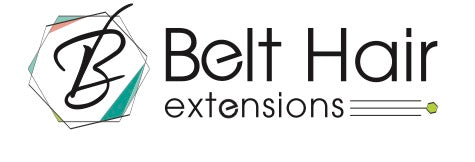

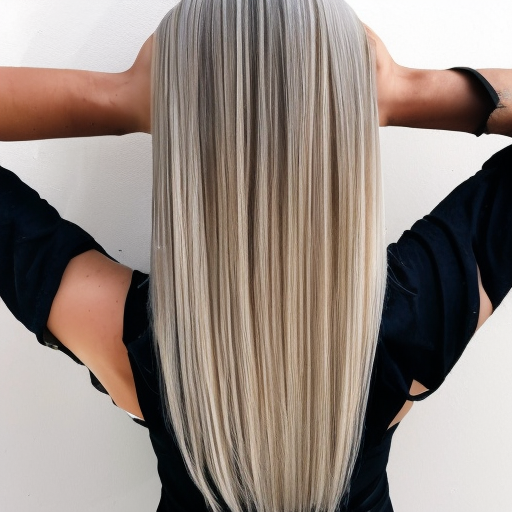
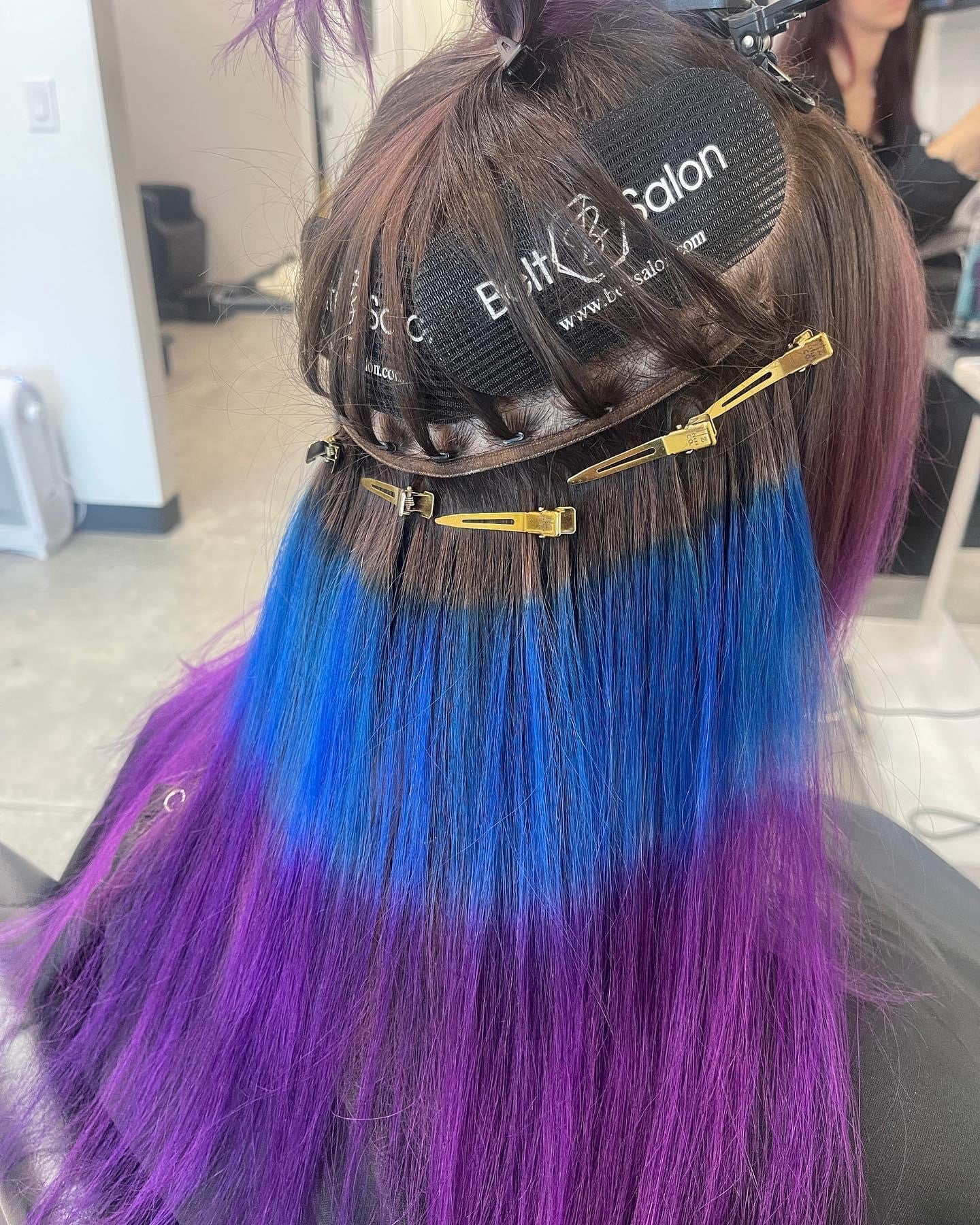
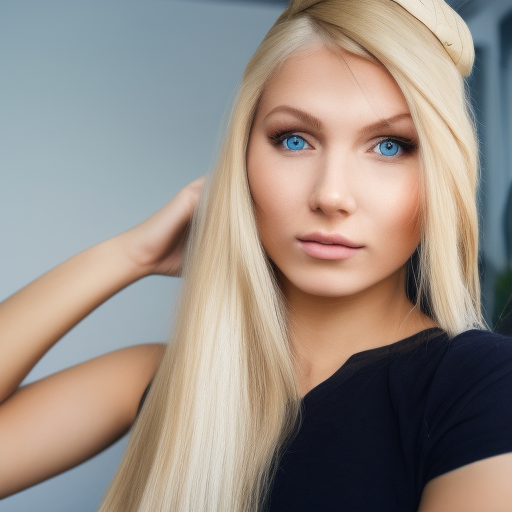
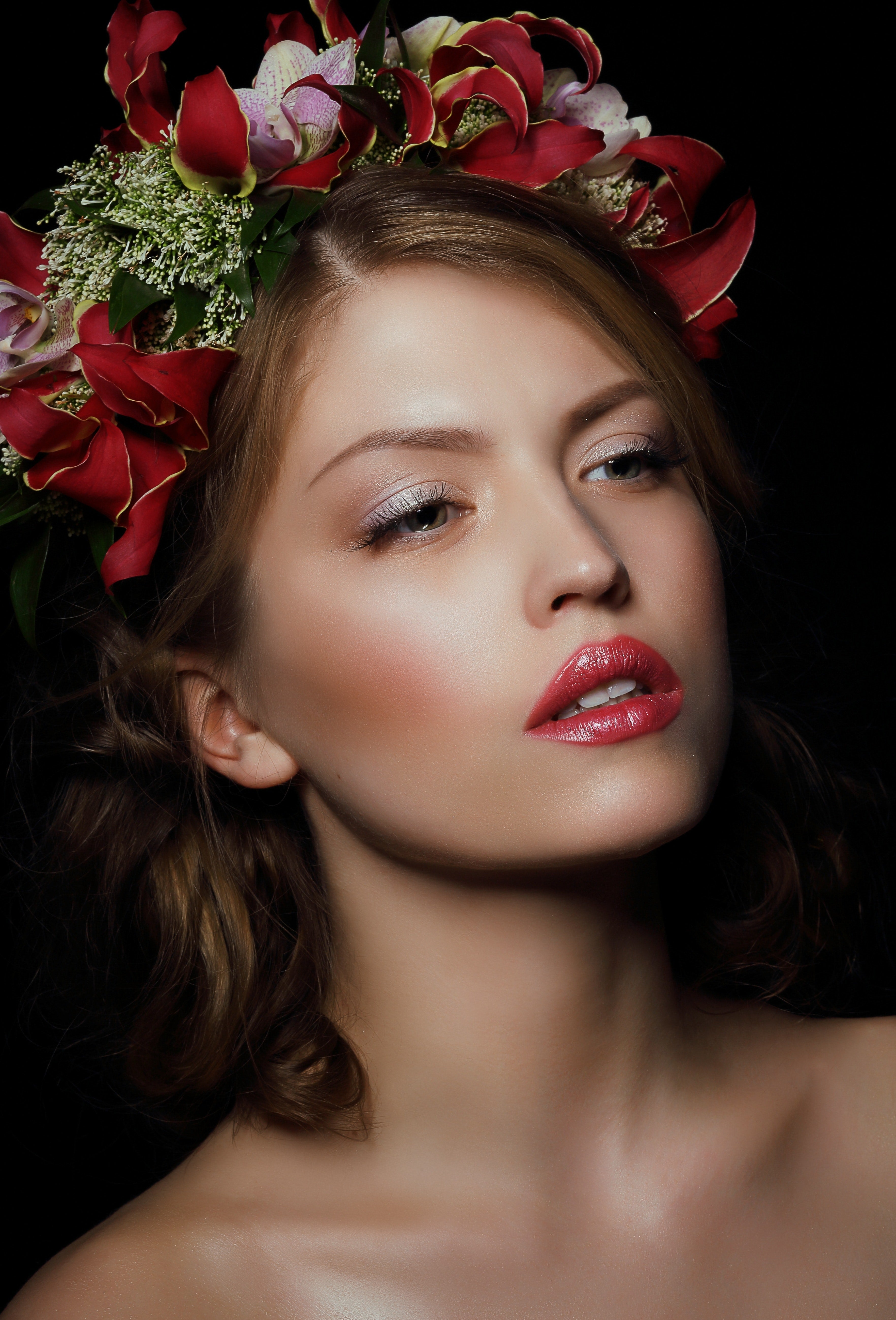
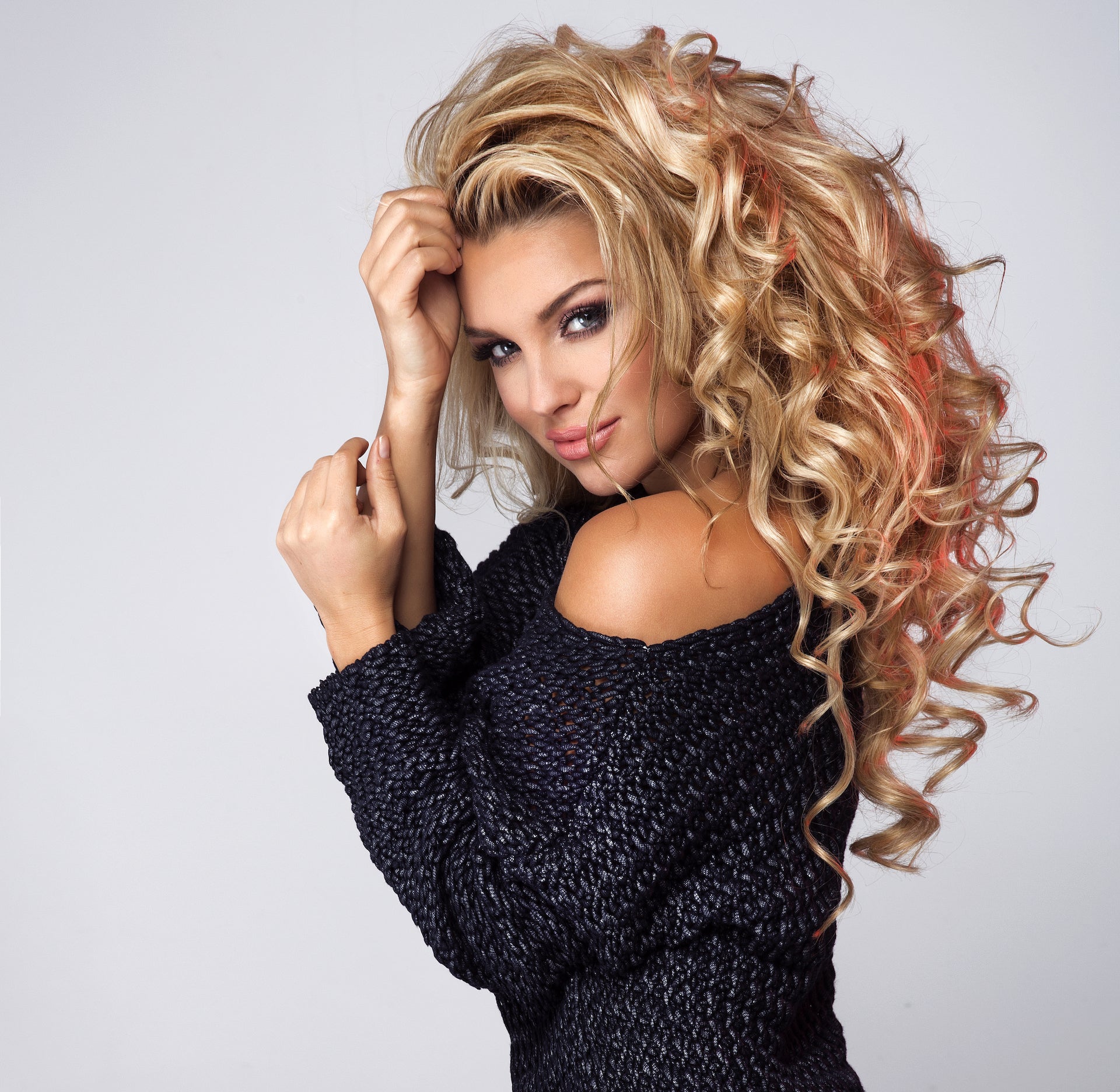
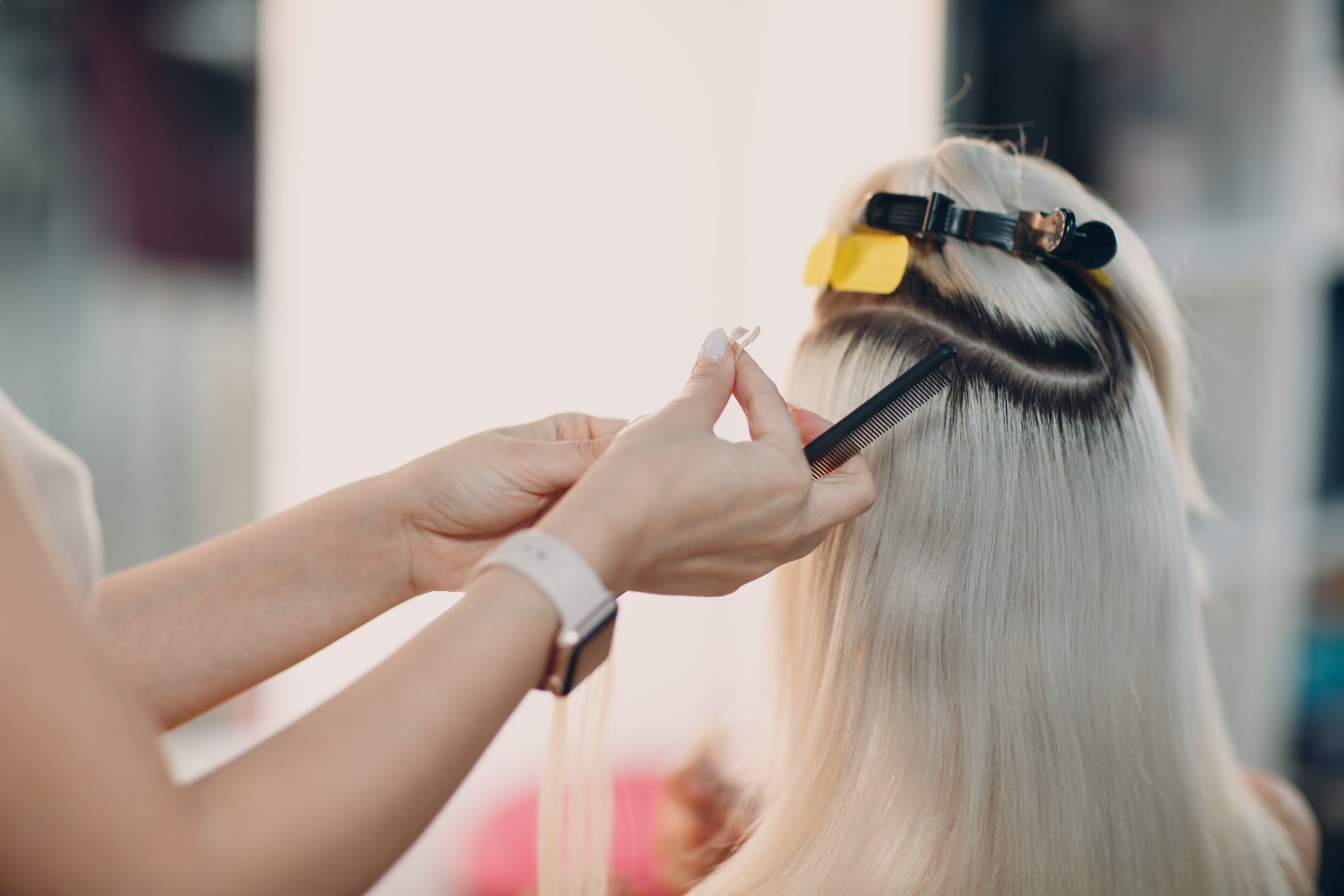
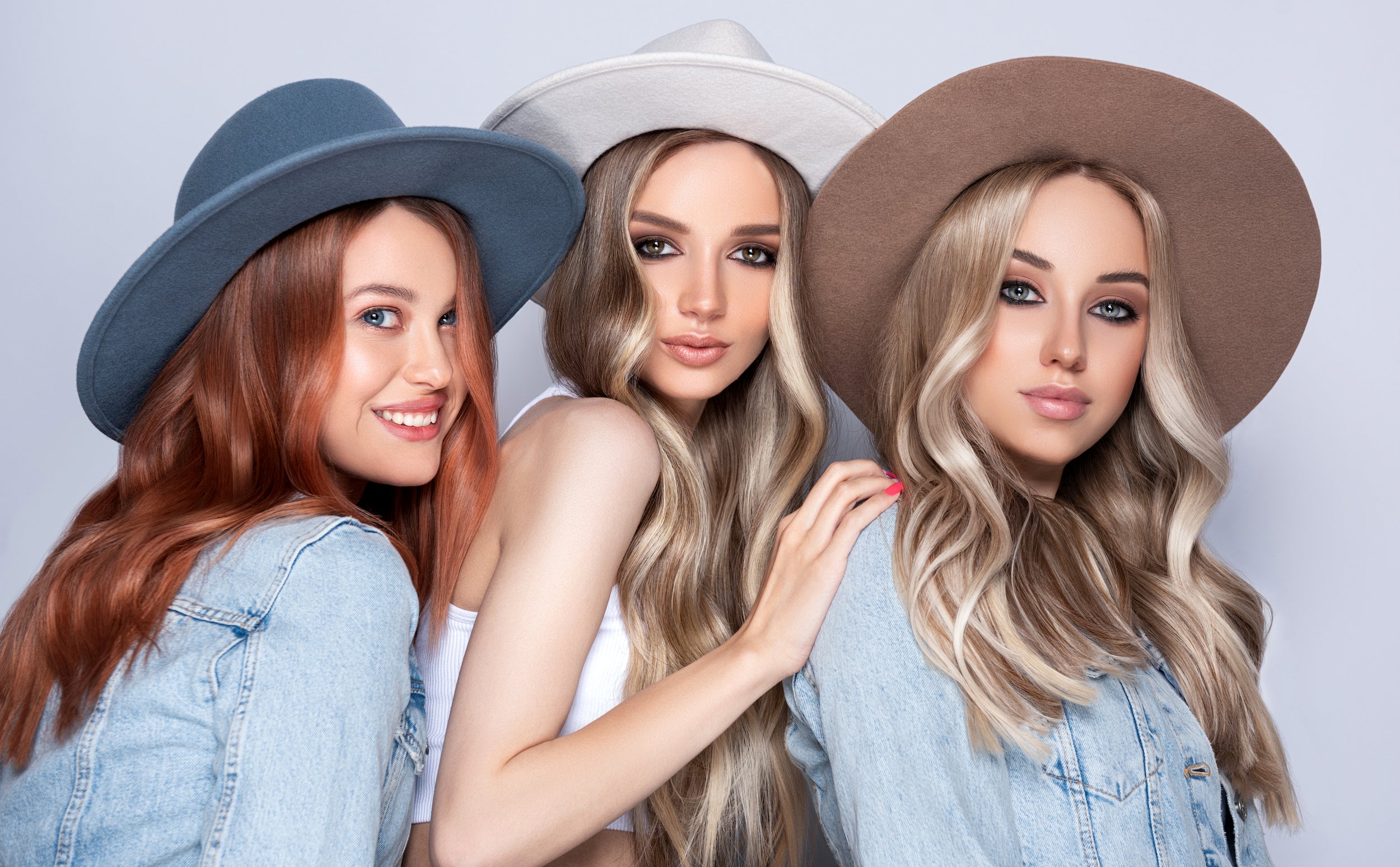
Leave a comment